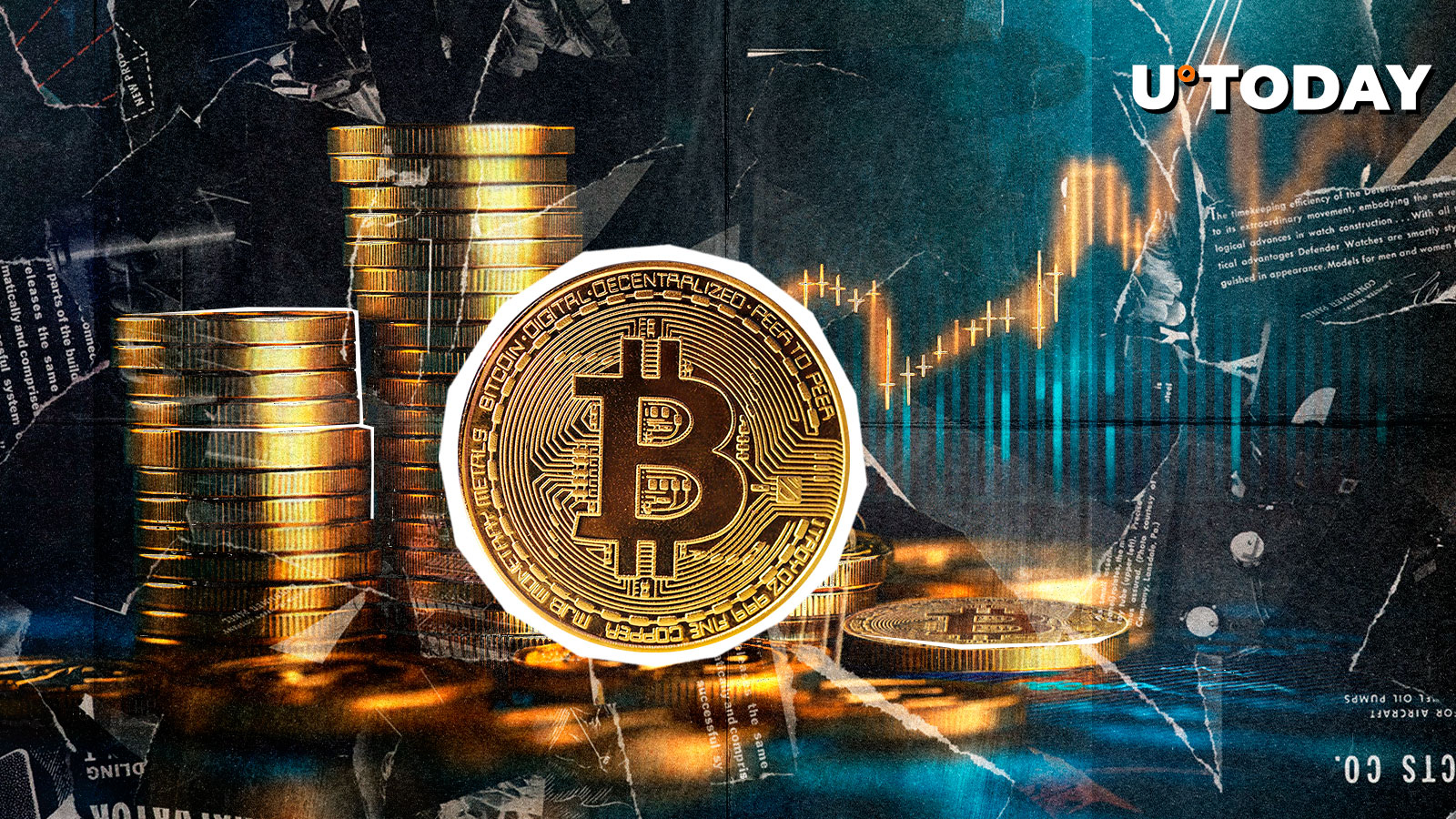Trump family expands crypto ventures with projects spanning mining to stablecoins
The Trump family, long synonymous with real estate, branding, and political power, has now set its sights on the world of cryptocurrency.
For years, Donald Trump and his family have leveraged their name for business ventures that cross industries, from hotels to golf courses to licensing deals with everything from apparel to bottled water.
The Trump family has entered the digital currencies and blockchain world
U.S. President Donald Trump, his wife, Melania, and their children are now deeply involved in almost every aspect of the crypto world. They are interested in NFTs, meme coins, Bitcoin mining, stablecoins, and decentralized finance platforms.
But what does this Trump family expansion portend for the future of crypto, the Trump legacy, and the fine balance between government and the fast-moving digital economy?
The Trump family crypto portfolio is already worth an estimated $1 billion, according to a Bloomberg analysis based on data from public records. Such gains come despite recent volatility driven by global market strains and U.S. trade tensions.
Remember, Donald Trump once called Bitcoin a threat to the U.S. dollar. In 2021, he argued digital assets should be “heavily regulated.” Fast-forward to his 2024 campaign trail, and suddenly, he’s accepting crypto donations, praising blockchain innovation, and laying the groundwork for pro-crypto executive orders.
Is this a genuine change of heart? Or is it a calculated play to align with an industry pouring billions into campaign coffers and political influence?
Let’s say, either way, it’s a pivot that speaks volumes about the current administration’s attitude toward regulation — or rather, its lack of a clear regulatory approach.
Trump and his family appeared determined to establish a large footprint in the crypto sector ahead of new regulations hitting the market, said Eswar Prasad, a trade policy professor at Cornell University who has studied the digital economy.
The Trump crypto boom is powered by NFTs, DeFi, and meme coins
Trump’s digital narrative began with non-fungible tokens. In December 2022, he announced a series of NFT trading cards depicting digitally illustrated images of him — as an astronaut, cowboy, superhero, and more. The NFTs were minted with the help of his longtime associate Bill Zanker, founder of The Learning Annex.
These collectible tokens skyrocketed in popularity, seeing numerous collections sell out. Trump even held private dinners for elite buyers. According to federal financial disclosures, the NFT sales brought in millions in revenue.
Capitalizing on that success, the Trump family founded World Liberty Financial in September 2024. Some of its services include token swaps, peer-to-peer lending, asset staking, etc. It has since raised more than $550 million through two token sales.
According to offering documents, a company affiliated with Trump receives 75% of net revenue as a fee, including token sales proceeds. The Trump family business, DT Marks DeFi LLC, owns a 60% equity interest in World Liberty. His sons, Donald Jr., Eric, and Barron, also appear as “Web3 Advisors” on the project’s website, and their involvement is frequently highlighted on social media.
Then came the meme coins. The day before Trump’s inauguration, he and his wife, Melania, launched their own crypto assets. These highly speculative cryptocurrencies soared in value initially, garnering over $11.4 million in transaction fees in the first month alone.
But the hype quickly faded. Prices plummeted, and some within the crypto community accused the Trump team of draining legitimacy from blockchain innovation by embracing meme culture and pump-and-dump strategies.
The two firms affiliated with the president — CIC Digital and Fight Fight Fight LLC — continue to hold 80% of the token supply. That will be gradually released over three years.
Stablecoin, Bitcoin mining, and ETFs signal long-term play
Just as NFTs and meme coins cleared headlines, the Trump family is switching gears to focus on the more essential underpinnings of the crypto economy.
On March 25, World Liberty Financial revealed that it will launch its stablecoin — USD1. The token will be pegged to the value of the U.S. dollar and backed one-to-one with short-term U.S. Treasury bills, bank deposits, and cash equivalents.
The Ethereum and Binance Smart Chain networks, among the world’s most widely used blockchains, will issue USD1. The Trump family believes stablecoins will help fuel faster, cheaper global payments.
The launch comes at a significant time. It was unclear whether the Trump administration wanted to adopt such legislation. Still, it was not attached to the bill that passed the U.S. House Financial Services Committee last week with bipartisan support and was publicly supported by the Trump administration.
This alignment, analysts say, reflects the family’s strategic management of the timing of business moves with the evolution of regulators.
On March 31, the family also announced a Bitcoin mining venture with Hut 8 Corp., a publicly traded mining company. The move follows a wider campaign to have the U.S. assume global leadership in producing Bitcoin — a priority that Trump showed keen interest in during meetings with mining executives when campaigning in 2024.
Bitcoin miners were early supporters of Trump’s reelection campaign. Campbell Harvey, a finance professor at Duke University, said his recent effort in the mining sector was the president’s means of rewarding their loyalty and cashing in on a multibillion-dollar business.
Finally, in February of 2025, Trump Media & Technology Group filed new trademarks suggesting he planned to enter the exchange-traded fund (ETF) space. A proposed ETF, “Truth.Fi Bitcoin Plus,” would follow assets linked with Bitcoin that match Trump’s economic and political beliefs.
Stablecoins, Bitcoin mining, and ETF filings suggest the Trump family isn’t longer chasing headlines. They’re laying the foundation for a long-term crypto empire that aligns with Trump’s economic ideology and his vision of American dominance in digital infrastructure.
Whether you believe the Trump family are crypto pioneers or opportunistic capitalists, one thing is clear: their grip on the narrative — and potentially the future of U.S. crypto policy — is only tightening.
